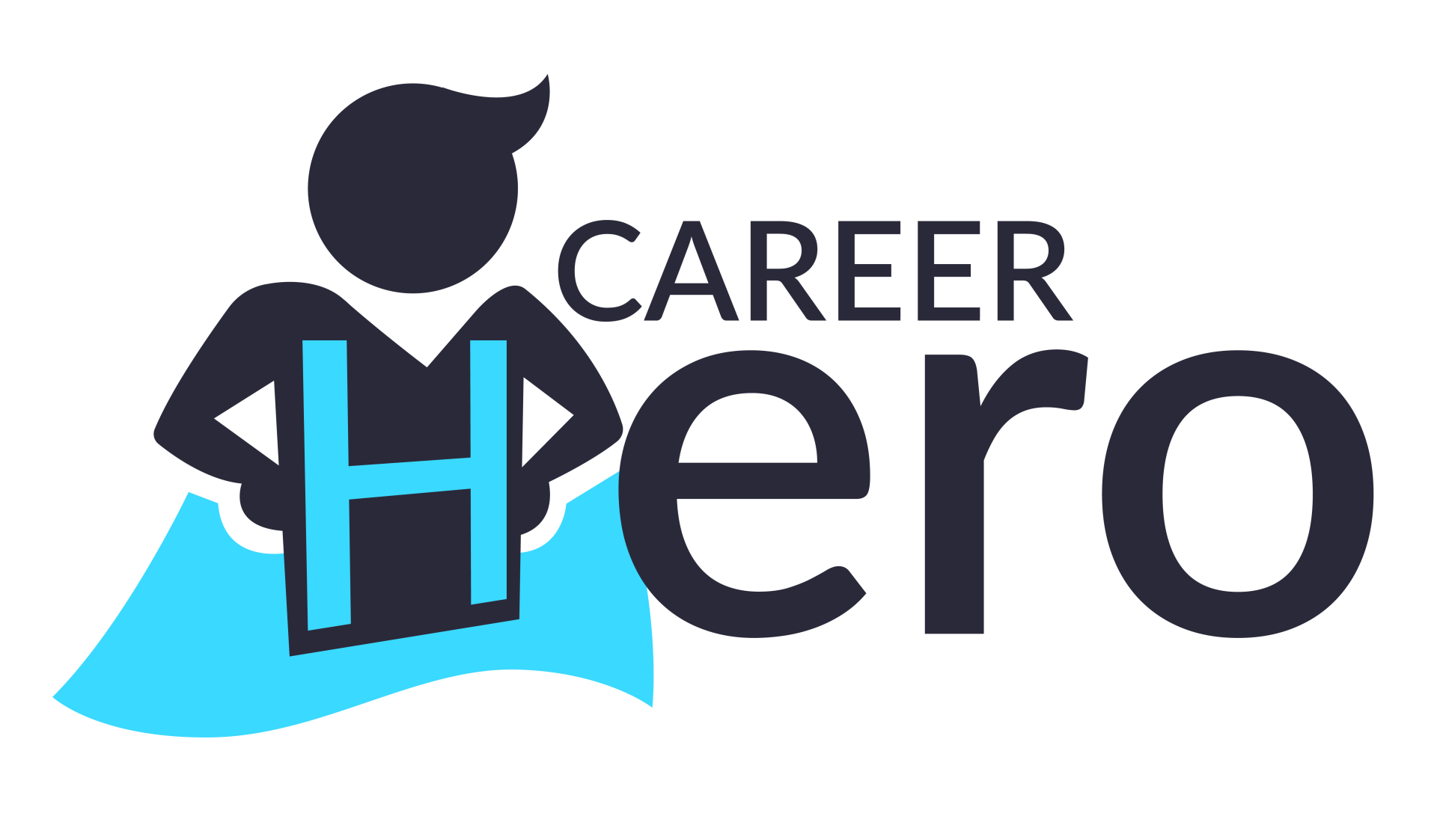Write your awesome label here.
The Devil's Trick
NOVEMBER 2/ STEVE MILLER
Just as I was beginning to wonder if it was time to cut back on my mantra-like preaching of “Purpose then strategy” to my clients I came across historian John Boyko’s provocative book ‘The Devil’s Trick: How Canada Fought the Vietnam War.’
Boyko tells the story of six Canadians whose lives were changed by the Vietnam War and, by telling their stories, he challenges Canadians to rethink their perception of the role Canada played in that war.
A fascinating read but it was Boyko’s story on Canadian anti-war activist Claire Culhane that really got my attention from my career counsellor perspective.
“Culhane was a 48-year-old hospital administrator in Montreal who decided to work at a Canadian-made, Canadian staffed hospital after reading a magazine article.” Writes Boyko. “She, like many others, was shocked to learn that Canadians had built and were staffing hospitals in South Vietnam. She left because she could not stand the hypocrisy. What she found was that so many of the patients in this hospital who were being helped as best they could, were there because of the weaponry that Canada was helping to supply.”Culhane came back to Canada, led protests and sent letters to the government, demanding an end to Canadian arms sales to the U.S.
Boyko’s research found that Canada was selling everything from guidance systems to boots to the famous green berets. And napalm. And Agent Orange, the infamous chemical responsible for the deaths of 400,000, with 4.8 million being exposed to its horrific effects.
One of Culhane’s protests involved setting up ‘camp’ on Parliament Hill in Ottawa and trying to engage the politicians of the time in dialogue around this hypocrisy. At one point a handful of liberal senators and members of parliament had gathered around and were discussing the pros and cons of Canada’s involvement in the war. The conversation ended when Jean Marchand, a senior minister, commented that the bottom line in the debate was “Who wants to tell 130,000 employees that their factory is shutting down and they will be out of work?”
Canada was contributing to death and suffering in order to save 130,000 jobs. This would indicate to me that jobs are more important than people, it is more important to keep people working than is the outcome, or purpose, of their work. This attitude has prevailed since the concept of job was formed during the Industrial Revolution. It is not a stretch to say that in the Canadian value system, jobs are more important than individuals, families, other forms of life, the planet in general, in fact it is plainly apparent that this is so.
The argument that individuals must have jobs in order to provide for their families is inaccurate. Jobs can be created that will provide security for families and benefit the planet; those are good reasons for jobs. All it takes is to place purpose before strategy. What is it we intend to accomplish before we develop a strategy to earn money or, in the politician’s case, garner votes?
Purpose before strategy does not only apply to governments and corporations but to each of us. What is the work we are currently doing accomplishing? What do we want the purpose of our work to be? Once that is decided then we decide upon the strategy to accomplish that purpose along with anything else we want.
The Implicit Career Search continues to prove that individuals, no matter their current situation, are capable of finding purposeful, fulfilling work that will meet their material needs. And here is the shocker - governments and corporations are staffed by individuals! Now if the majority of those individuals were to become committed to purpose before strategy a great deal of our currently ‘unsolvable’ problems would be solved by the motivation unleashed from the power of positive purpose.
I think John Boyko’s clever book title can also be applied to how we have allowed ourselves to be tricked about the purpose and priority of jobs.
Our work is based on two realizations that emerged from our research completed in 1990-1994:
1. Each of us has something unique to contribute.
2. Each of us desperately desires to make that contribution.
Career Hero and Working On Purpose are proven methods to help people become crystal clear on their contribution and how to strategically and methodically develop that into a fulfilling career.
With a little help from their friends (and career coaches).
1. Each of us has something unique to contribute.
2. Each of us desperately desires to make that contribution.
Career Hero and Working On Purpose are proven methods to help people become crystal clear on their contribution and how to strategically and methodically develop that into a fulfilling career.
With a little help from their friends (and career coaches).
Copyright © 2026
Write your awesome label here.
Sign Up For The Working On Purpose Workshop!
Thank you!
Sign up to Working On Purpose Workshop(Jun 19-23)
Thank you! Check your email in 5 min. No confirmation? Email us: hello@careerhero.academy
Write your awesome label here.

